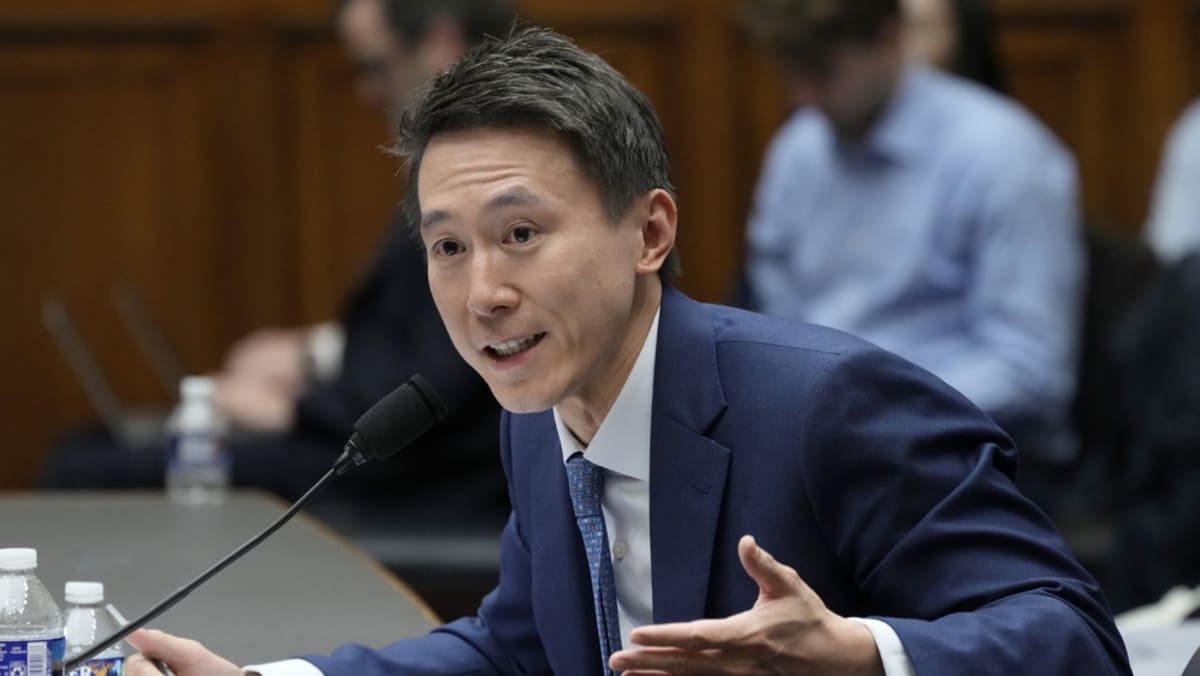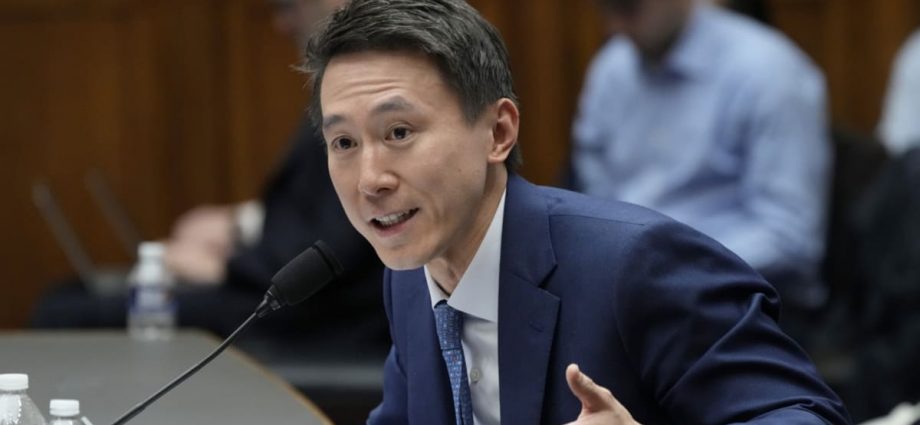
However, the lawmakers “already had their minds made up for the most part”, he said. Mr Chew, a Singaporean, was grilled over concerns about privacy for Americans’ data, protections for children online and TikTok’s connection to the Chinese Communist Party.
Research Scientist at Georgia Institute of Technology’s School of Public Policy Brenden Kuerbis noted that Mr Chew “tried numerous times” to explain how his global company deals with complex safety and content moderation, and how security decisions are made when running a platform as large as TikTok.
“But he was rarely given a chance to elaborate,” he said.
However, one area Mr Chew succeeded in was explaining some of the nuances around the platform’s algorithm and what makes it successful, said Dr Kuerbis.
This includes how users’ inputs influence the outputs, and how varying the terms of use and policies for different age groups and national laws impacts the content moderation that the firm does.
Mr Chew also conveyed that TikTok should be compared to other US social media platforms that are confronting similar issues, added Dr Kuerbis.
US CONGRESS “POSTURING”
Both analysts noted that Mr Chew spent time elaborating on Project Texas, which is the data localisation arrangement that would move all US user data to a US-based cloud vendor, Oracle, and a new US government-controlled corporation.
“Despite that detailed plan that he laid out, several committee members remained sceptical, claiming that ByteDance or the Chinese government could still gain access to the data,” said Dr Kuerbis.
He said that it appeared that “the deck is stacked against TikTok” with bipartisan agreement amongst Republicans and Democrats about the perceived threats that the platform poses.
He added that committee hearings like these “can be less about understanding and more about posturing and scoring political points”.
Similarly, Prof Chander said that “Congress is trying to use a hearing to make a point”, noting that Mr Chew’s effort has not placated its critics.
WOULD IT BE POSSIBLE FOR THE US TO BAN TIKTOK?
Despite the hostile stance of the US lawmakers, it is unclear whether the country intends to legislate a ban against the app that has 150 million monthly active users locally, said the analysts.
Most of the committee was sceptical of Mr Chew’s defence or outright hostile in some instances, but Dr Kuerbis said he did not sense much momentum gained in banning Tiktok.

